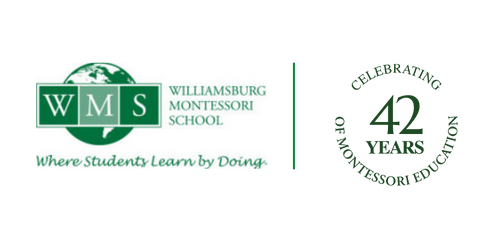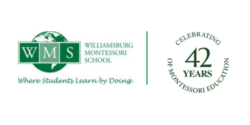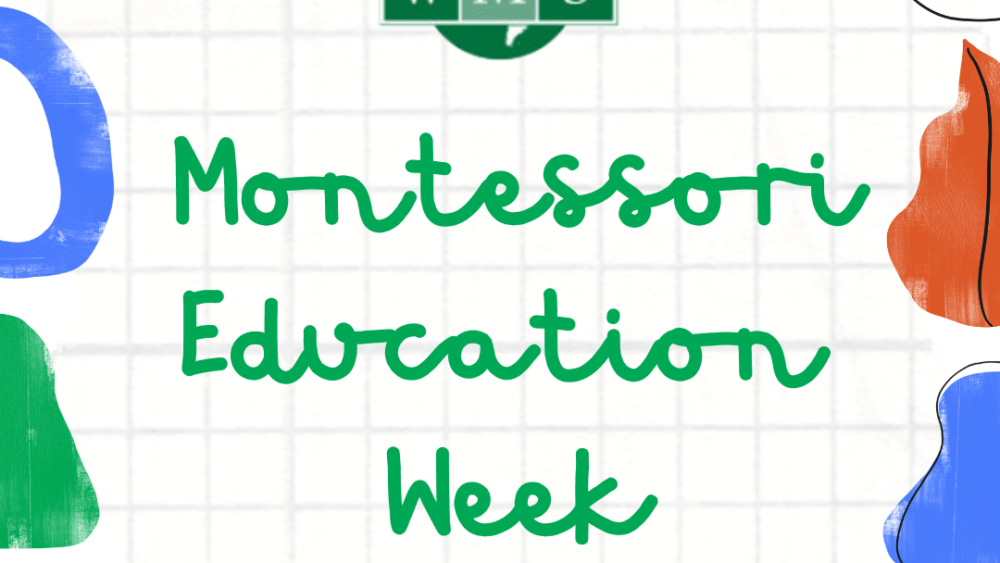Fifteen years ago, at the end of my Master’s degree, I returned to the States from
Palestine and walked into the welcoming arms of Montessori education. Years before, I had
studied how non-violent communication methods translated into educational environments in Al-
Quds amidst a tense (understatement) coexistence, and I discovered uncanny similarities
between the schools I had visited and observed in and the classrooms I walked into at
Williamsburg Montessori School. To treat students as whole human beings, with whom you can
have authentic relationships without resorting to condescension and authoritarian measures I’d
experienced in the traditional schools of my K-12, felt revelatory. The freedom with which
students moved about their environment, the gentle chaos ensuing during a work cycle, every
work uniquely designed to move students toward independence and self-reliance, and the calm,
peaceful demeanor of the teachers brought me to the realization that I wanted to be trained as a
Montessori adolescent educator.
The emphasis on valorization of the personality in secondary Montessori education
deeply resonated with me and I wanted to be a part of that process for the nascent adults in our
community. Training with CMStep (the Cincinnati Montessori Secondary Teacher Education
Program) began with the spiritual preparation of the teacher, to which I was resistant at first,
because I was here to focus on the students, not me. Why would I want to start with me?
Montessori demands an examination of and investment into oneself as a teacher, first and
foremost, which is something I had to come to adore of the philosophy throughout my training
and early years of teaching. Only upon studying oneself in terms of relationships, values, and
life purpose can an adult prepare the appropriate and nurturing environment for student
learning.
Montessori is not only focused on transformation, but also on liberation. Through cosmic
education and peace and justice education, our students learn how to exist in an ecosystem that
is fluid in hierarchical structures and values their voice. I see this in my teacher-educator
practice as I observe in adult learner classrooms and through culturally sustaining pedagogy as
well as in my own child. I was eight years into Montessori education when I had my child. The
second I discovered I was pregnant, “He’s going to be a Montessori human,” was my mind’s
refrain. Since then, he’s been a Montessori toddler, preschooler, and elementary student.
Watching him integrate new skills from pouring his own milk as a toddler to choosing a work
from the shelves during elementary drop-ins has reaffirmed my love of this pedagogy and
philosophy. He possesses a confidence, independence, and savoir-faire that I can only aspire to
most days.
When adults hear that I’m a Montessori educator or that my son is a Montessori student,
they exclaim at how they’re worried or don’t understand how this pedagogy can prepare anyone
for the “real world.” Why be prepared to live in a reactionary way toward the world order in which
we exist when we can prepare life in a society we want to bring into existence?



